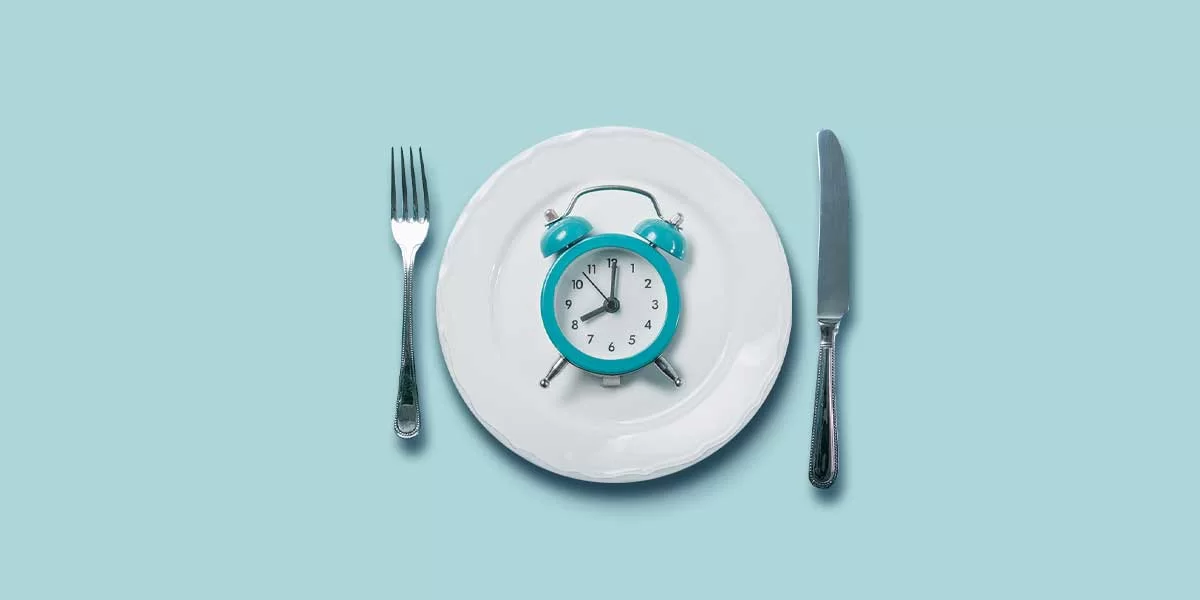





According to Google data, intermittent fasting was the most searched for diet trend in 2019. So, what exactly is it? Just another fad diet, or something more?
The short answer here is no. The longer answer, as ever, is slightly more complex.
There are two main versions of intermittent fasting: One is the 5:2 regime, made popular by Dr Michael Mosely; The other is called 16:8. Each balance their ‘fasting’ slightly differently.
The 5:2 diet plan is a regime where you eat normally for 5 days of the week, then restrict calories to between 500-800 for the remaining two days. Therefore, there are no days where you avoid eating altogether, and only two days of the week where you must think about calorie counting.
The guidelines are simple too. The two days you restrict calories can be any two days, as long as they are not consecutive. Most people choose a Monday and a Thursday, so that the regime does not interfere with their weekend!
The 16:8 refers to the hours of the day. In this regime you are basically restricting your food consumption to just 8 hours of the day, the other 16 hours are drinks (water, tea, coffee, not thick shakes!) only. In this way you are really cutting out one of your meals every day, which naturally reduces your calorie intake.
As always, if this type of diet plan appeals to you, do your research. Get recipes, make a plan and stick to it. Also, if you choose the 5:2 plan, decide which days will be your fasting days and stick to them! Changing your mind halfway through a day will result in failure of the regime.
Be the first to know. Don’t miss out on our exclusive deals and launches!
Sed ut perspiciatis unde omnis iste natus error sit voluptatem accusantium doloremque laudantium
Lorem Ipsum DOlor Sit Amet